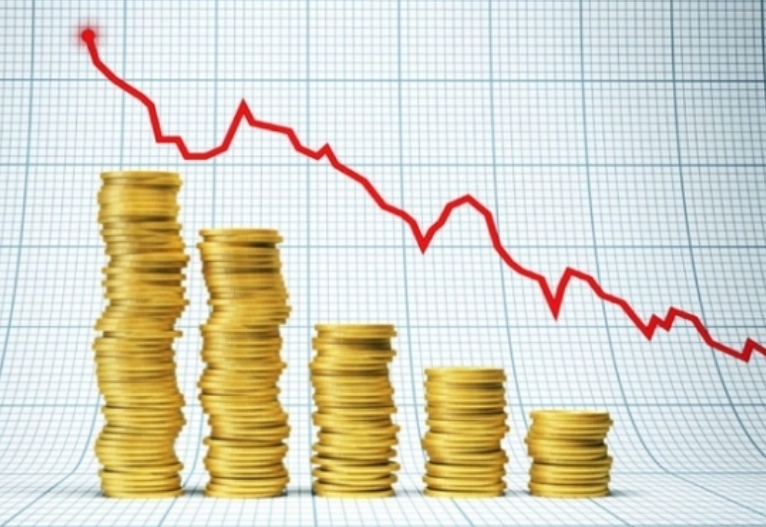Inflation was higher than the NBU forecast due to the weather
12 July 06:33
Inflation in Ukraine exceeded the NBU’s expectations in the first half of 2025. This was mainly due to weather factors. This is reported by "Komersant Ukrainian" with reference to the NBU.
“Inflation peaked in May and returned to decline in June, as predicted by the NBU. However, headline inflation was higher than the April macroeconomic forecast primarily due to the impact of weather conditions. It is expected that the decline in inflation will continue in the second half of the year,” the official statement said.
The NBU emphasized that the return to a slowdown in inflation in the summer was predictable, in particular due to last year’s high state-regulated prices.
However, the actual rate of decline was slower than expected in the April Inflation Report. The main factor behind this deviation was a significant increase in prices for raw foods due to a reduction in their supply caused by the spring frosts.
At the same time, underlying inflationary pressures were slightly lower than forecasts, although they remained high due to significant business costs for raw materials, labor, and strong consumer demand.
There was also a noticeable slowdown in the growth of administratively regulated prices, to 10.9%. This is due to the effect of a high comparison base, in particular due to a one-time increase in electricity tariffs in June 2024.
Raw food prices continued to rise, up to 28.7%. Stone fruits, apples, and berries saw a significant acceleration in prices due to the negative impact of the weather on the harvest. All types of meat also increased in price due to rising production costs, a decline in livestock numbers, and higher global prices.
At the same time, the growth rate of vegetable prices declined significantly due to the arrival of a new harvest and active imports.
Fuel prices rose by 3.1%. The main reason for this was a rise in gasoline and diesel prices, which was driven by fluctuations in global oil prices and the weakening of the hryvnia against the euro. On the other hand, pressure on prices eased in the liquefied natural gas market due to a surplus of supplies.









